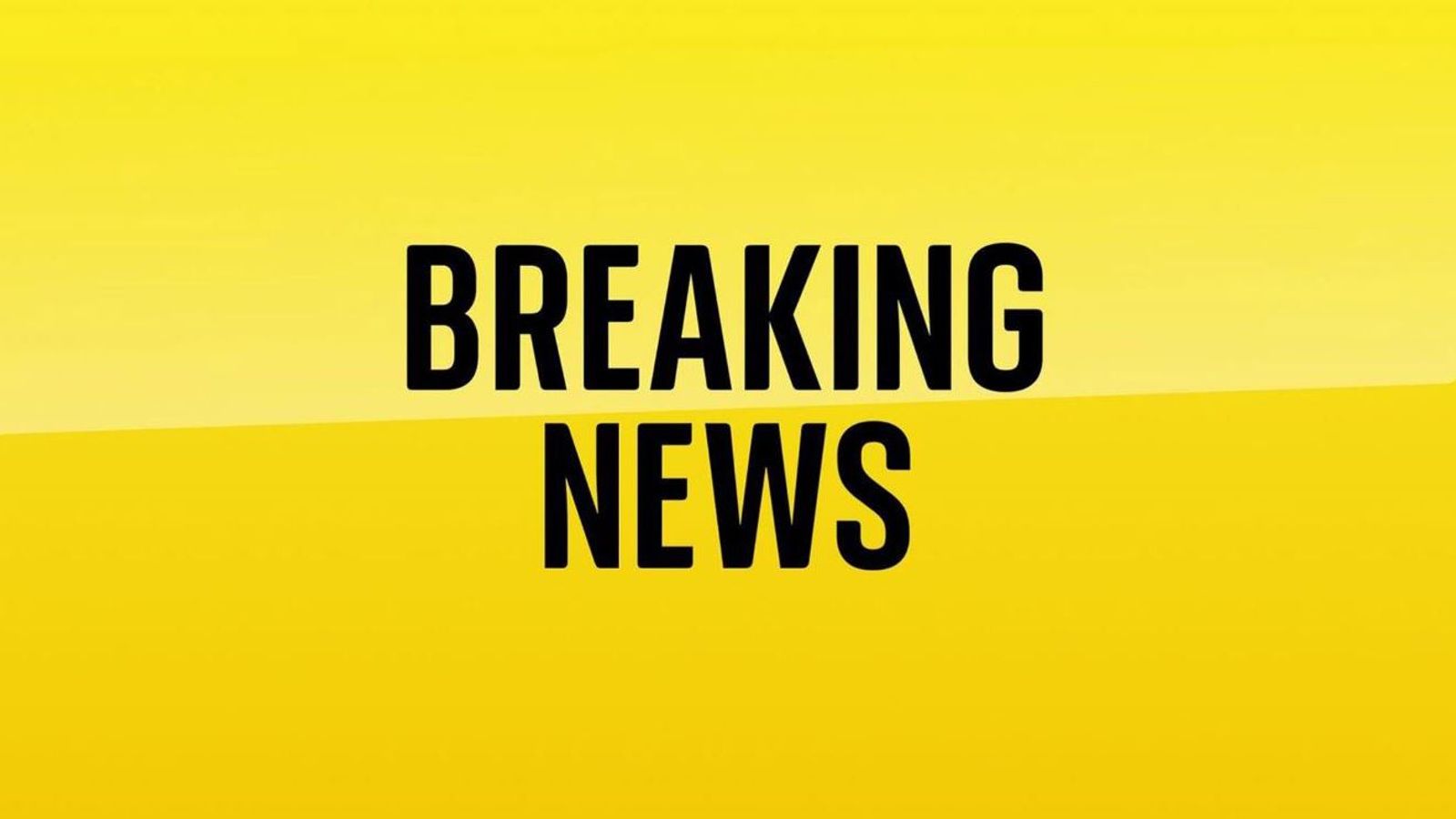Petrol and diesel prices are slowly but steadily falling in the UK, latest figures show.
The average price for a litre of unleaded on Saturday, the latest figure available, was 177.46p, according to the RAC, while diesel cost an average of 188.23p.
On Thursday, the prices had been 178.93p and 189.3p respectively.
It comes as world oil prices fall, something analysts said was due to fears that tough economic times ahead could see a weakening in demand.
“Gains triggered by the invasion of Ukraine have now been cancelled out, as rising interest rates and the subsequent cooling this is expected to have on global economies, outweigh previous questions about a lack of supply caused by the conflict.”
Brent crude, the international benchmark, had shot up to more than $124 a barrel after the European Union announced in May that it would ban most oil imports from Russia as part of its sanctions package following the invasion.
UK wholesale prices had risen because of the wider scramble to secure more stocks, resulting in a litre of petrol hitting an average of 191.43p and diesel 199.07p at the beginning of July.
Read more:
UK economy to be in recession for more than a year, Bank of England warns as it hikes rates
Two indicators slowdown already under way after Bank of England warns of 15-month recession
Why is the Bank of England adding to my bills by raising rates?
But on Monday Brent crude fell to $93.38 a barrel, having last week hit its lowest point since February, although it had risen slightly to $94.47 by 2.30pm UK time.
PVM analyst Stephen Brennock said: “Last week’s price action left no doubt that recession-driven demand concerns have the upper hand over supply fears.
“One could even go as far as saying the war premium has evaporated.”
Monday’s fall came just days after the Bank of England warned that the UK was facing a 15-month recession, and as the UK and the US both try to tame high – and rapidly climbing – inflation.
The US economy contracted for a second consecutive quarter in figures published late last month.
This would meet the international criteria for a recession, but the world’s largest economy has its recession defined by the National Bureau of Economic Research (NBER) – and it is yet to make such a judgement.




